Want to become a published writer while still in college? It can be done! Getting some of your work out there won’t feel easy, but there’s no other way than to just do it. And luckily, there’s more opportunities than you would think! Not sure how to begin? That’s okay – you’re not alone.
Check out these 10 tips that can help you on the road to publication.
1: Don’t Wait—Go For it Now

The sooner you start trying to get something published, the sooner your work actually gets published! Of course, that doesn’t mean it happens right away. But it won’t happen if you don’t try. It’s never too early to start forming good work habits, meet other writers and get in touch with publishers who just might want to help you. So don’t wait; go write, find a publication and send your work in!
2: Know What it is That You Want to Write

Don’t try writing something that you don’t really want to write. Unlike college classes, publications don’t just give one big broad assignment to see who can do it the best. They want unique and original pieces. They also want quality, which is something you can’t produce without interest in what you write. So, write what you want, whether it be non-fiction, prose or poetry. Don’t just settle on one because you think it can increase your odds.
“[C]reative writing is best when it tells the reader something about the writer while telling the reader almost nothing about the writer,” St. John’s University Professor Robert Forman said.
Once you find out what you want to write, it usually becomes much easier. The verses of the poem in your head come flowing out. The characters’ motivations in the story you tell become clear. You can bring new insights previously ignored or unnoticed due to the subject you write about. The only thing stopping you is you.
3: Be Aggressive
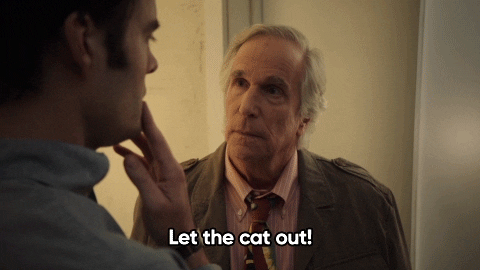
Don’t feel afraid of persistence. Make sure the publishers know you. If they reject you once, don’t hesitate to send something else their way again. Feel free to go ahead and submit work to multiple publications. Don’t just submit to one and then put your feet up and say, “Well, I guess we’ll see what happens.” Go and make it happen. No one else can do it for you. You are your own best helper.
4: Take the Opportunities You Can Get

If you hear of an opportunity that possibly fits you, try it out! You don’t know when another one might come along. It might not be exactly what you want, but beggars can’t be choosers. That means looking for all kinds of chances to be published, whether it be in an award-winning journal, student magazine or a respectable website. Just try to get your work noticed!
5: Try Starting With a Student Publication
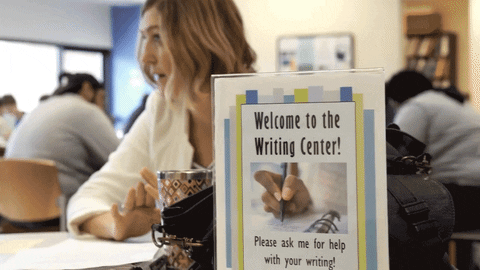
By no means whatsoever should you not apply to bigger publications, but student-run ones remain a good place to start. They can introduce you to a community of fellow student-writers who can encourage and even help you. It might also give you a chance to get some experience as an editor. They could maintain a smaller readership, but that’s better than nothing. Plus, it still counts enough that you can add ‘Published Writer’ to your resume.
6: Know What the Publication Wants
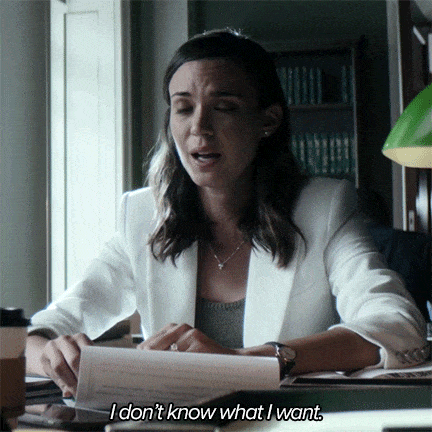
Of course, you won’t know exactly what they want. Neither do the publishers, probably. But you should have an idea of what genre the publishers are interested in. For example, if you have an idea for a science fiction short story, try to find a sci-fi magazine. If you do know a sci-fi magazine, you probably shouldn’t send them a poem about your long-lost love.
“What young writers need most are good work habits and a tough hide, ready to take a lot of rejection and to keep going. After that, mentorship can be helpful,” St. John’s University Professor and Published Novelist Gabriel Brownstein said.
Publishers are very happy when someone seems interested in what they print. This is especially true for underrepresented genres or under-appreciated areas of study. Even with a big publication that puts out something that everyone reads, they are always looking for new talent. There’s no reason it can’t be you. If you are what a publisher is looking for, they remain your best opportunity.
7: Try Presenting at a Conference

This one probably applies more to those who write non-fiction. Academic conferences usually center around a specific topic or theme. Having experience writing on it beforehand proves helpful in this case. Opportunities for more artistic writing exist too! Check out the tons of poetry conferences, even prose conferences are out there, so try getting the chance to speak at one, no matter what you write. It might not be the same as getting something published, but there’s still a good chance to meet some people and make a few connections.
8: Revise Your Work a Few Times Before Sending It In
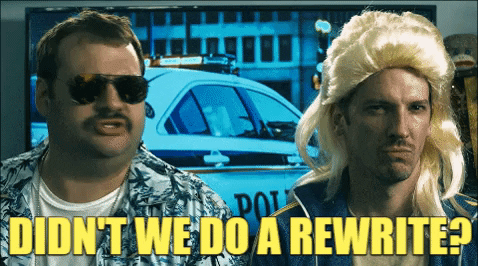
While the exact magic number for how many times to rewrite something before readiness remains unknown, I can tell you this much: IT AIN’T ONE! Your first draft never satisfies. It might be good, it might even be great, but not the best. Rewrite your piece at least once before you submit it (that’s good advice for final papers in school too). Of course, don’t rewrite it so many times that you lose sight of what you want to say, either.
9: Don’t Get Discouraged

Rejection serves as part of life, especially when it comes to writers. You will receive a lot more ‘noes’ than ‘yeses,’ especially at the beginning. After being rejected by a school or student publication, you might find yourself thinking, “Man, even the school newspaper doesn’t want my writing. How will I ever get anyone to publish my novel?” But those two things are unrelated. Every publication functions differently, as does every writer and every work you produce. You can be rejected by the student journal and printed in The New York Times, and you can of course get printed by a publication that previously rejected you.
“The best batters in baseball are called ‘out’ 6 times out of 10. And yet they step up to the plate and play like they mean to win despite so much ‘failure’. Composure is a professional writer’s great asset,” St. John’s University Professor Granville Ganter said.
J.K. Rowling faced rejection. So did Agatha Christie and Dr. Seuss. There is no shame in rejection! Plus, even once you do get published, there are the critics. The happiness of being published might become squashed by a bad review, but you must keep going. The most important thing: don’t give up!
10: Keep Going!
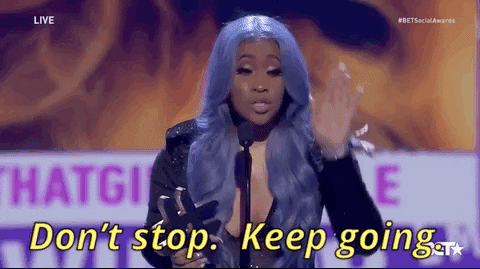
The journey doesn’t stop after your first publication, that’s why they call it your first publication. However, a first publication doesn’t guarantee a second one. You need to work just as hard for that; you can’t waste time either. Go ahead and feel proud of your accomplishment, but don’t stop working on what’s next. There’s still a long way to go.
The road to publication proves long and hard, just like some classic novels. But like the classics, you can define it as a rewarding experience if you stick with it. Nothing compares to when your first work gets published. Just make sure the publication spells your name right.















